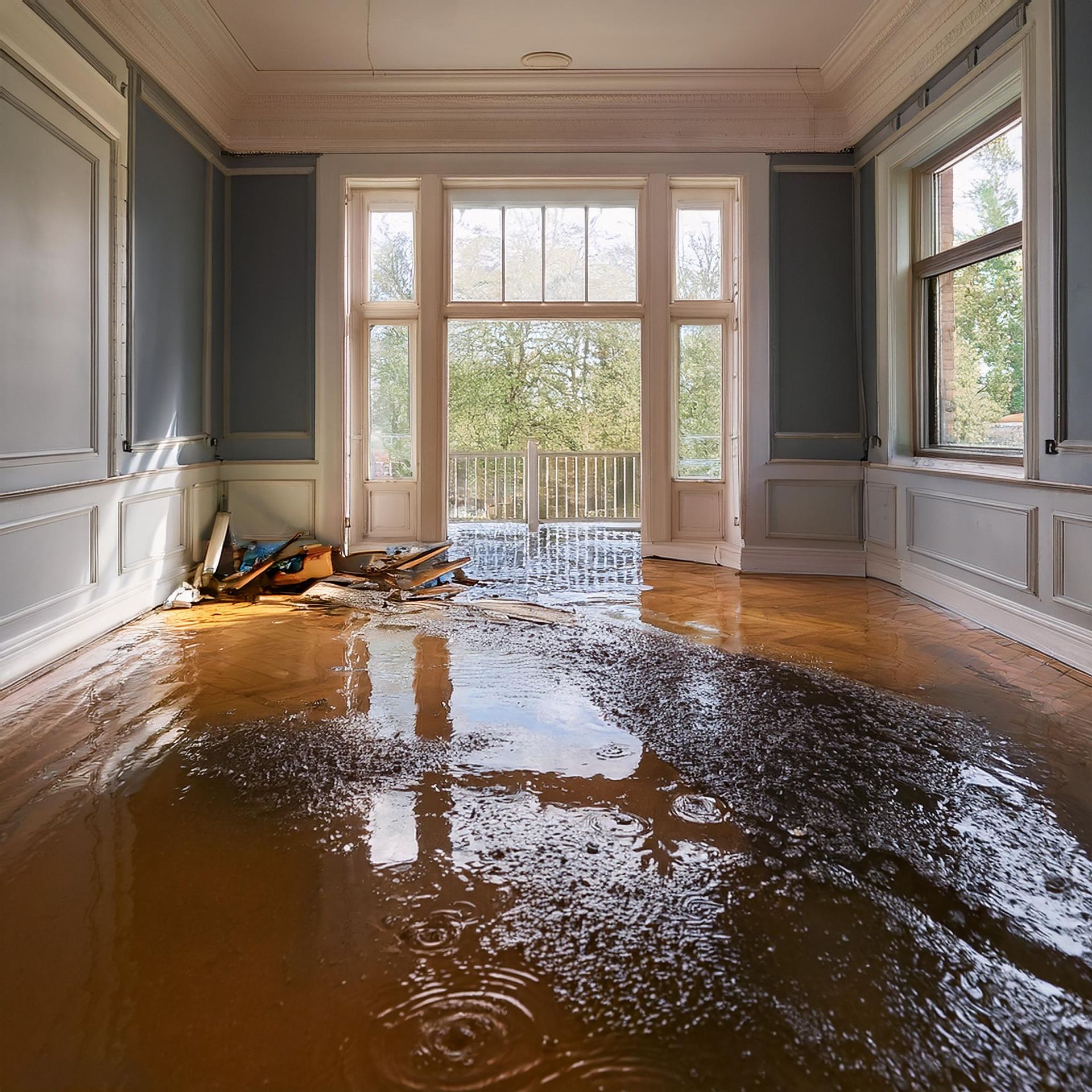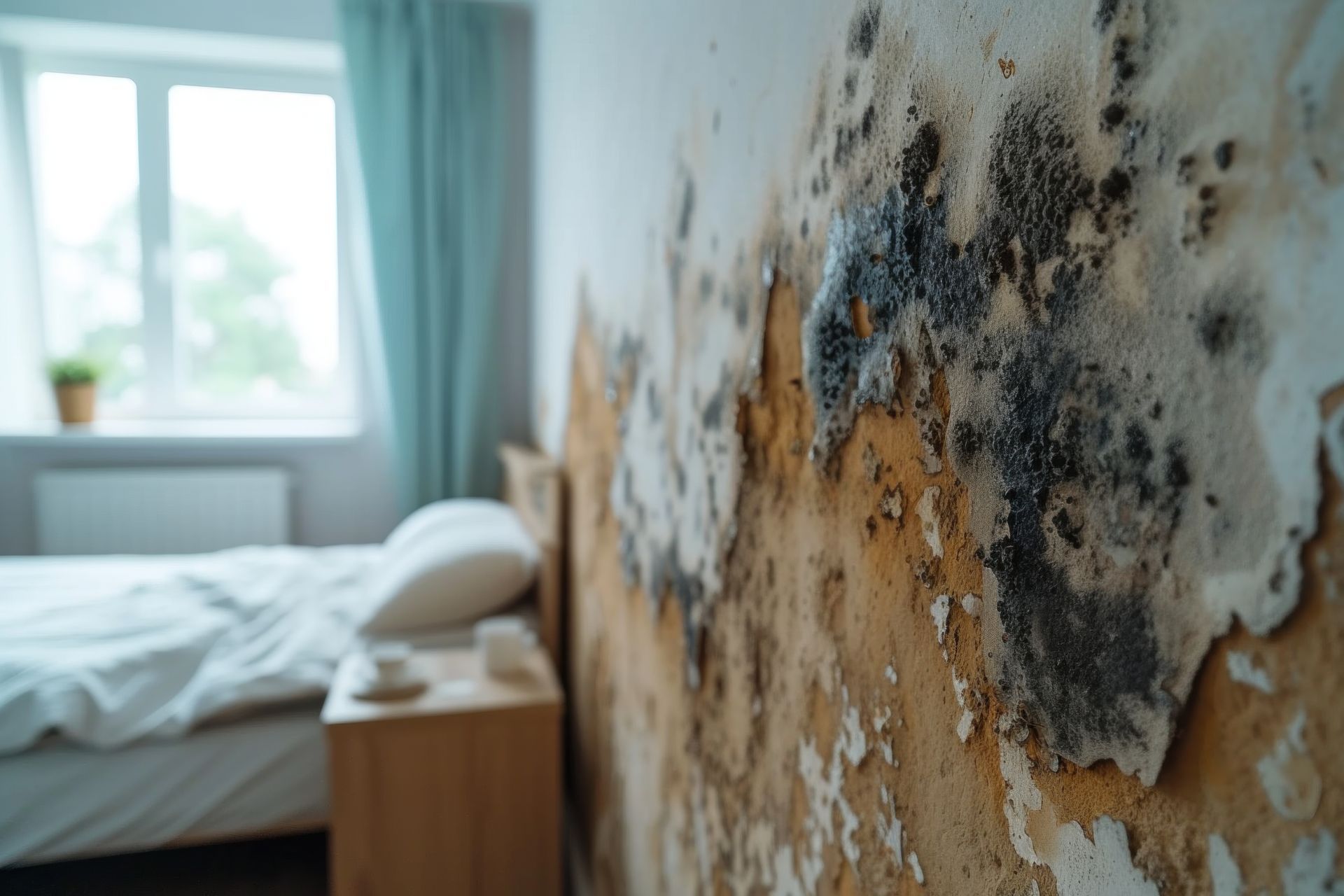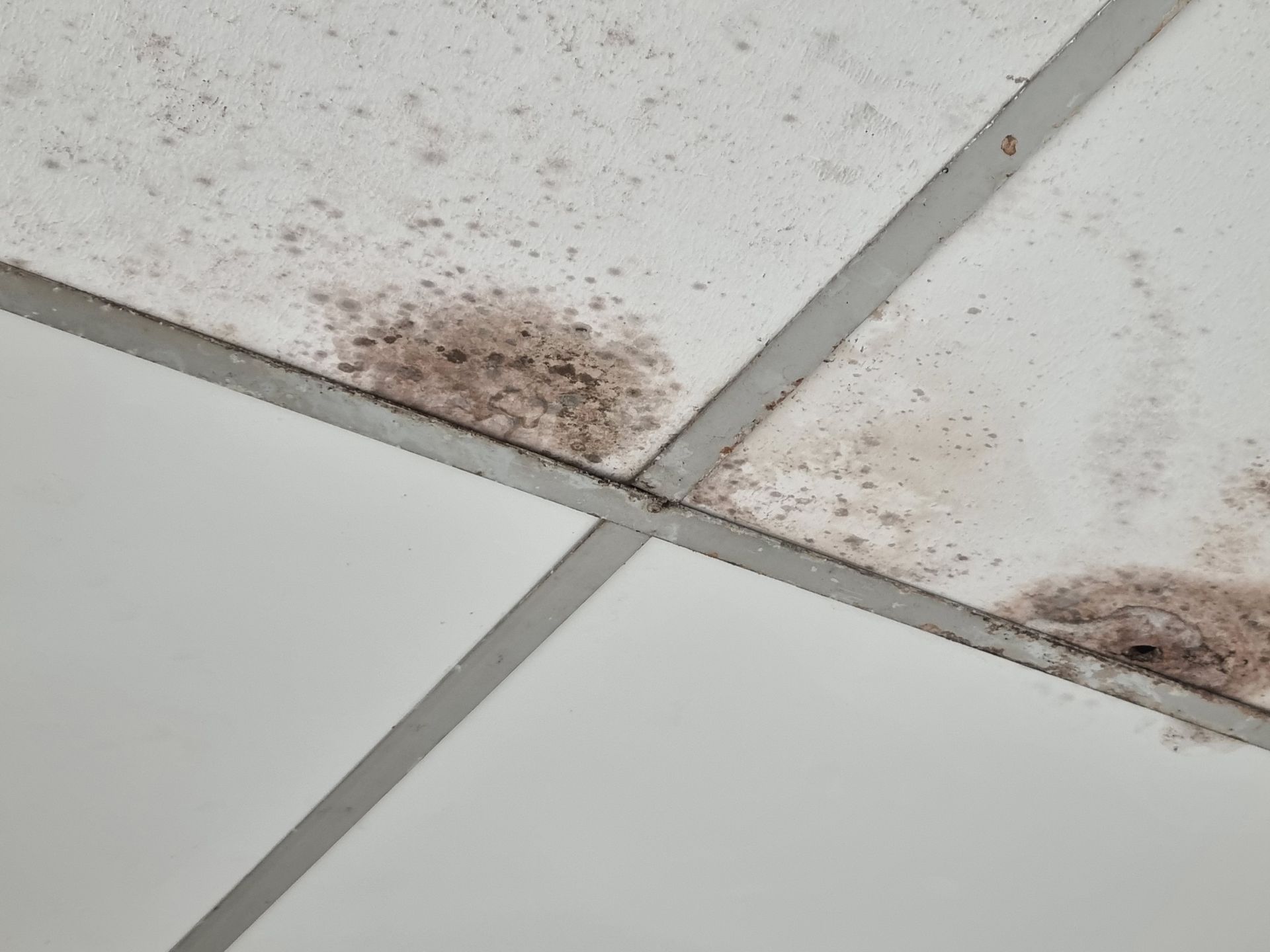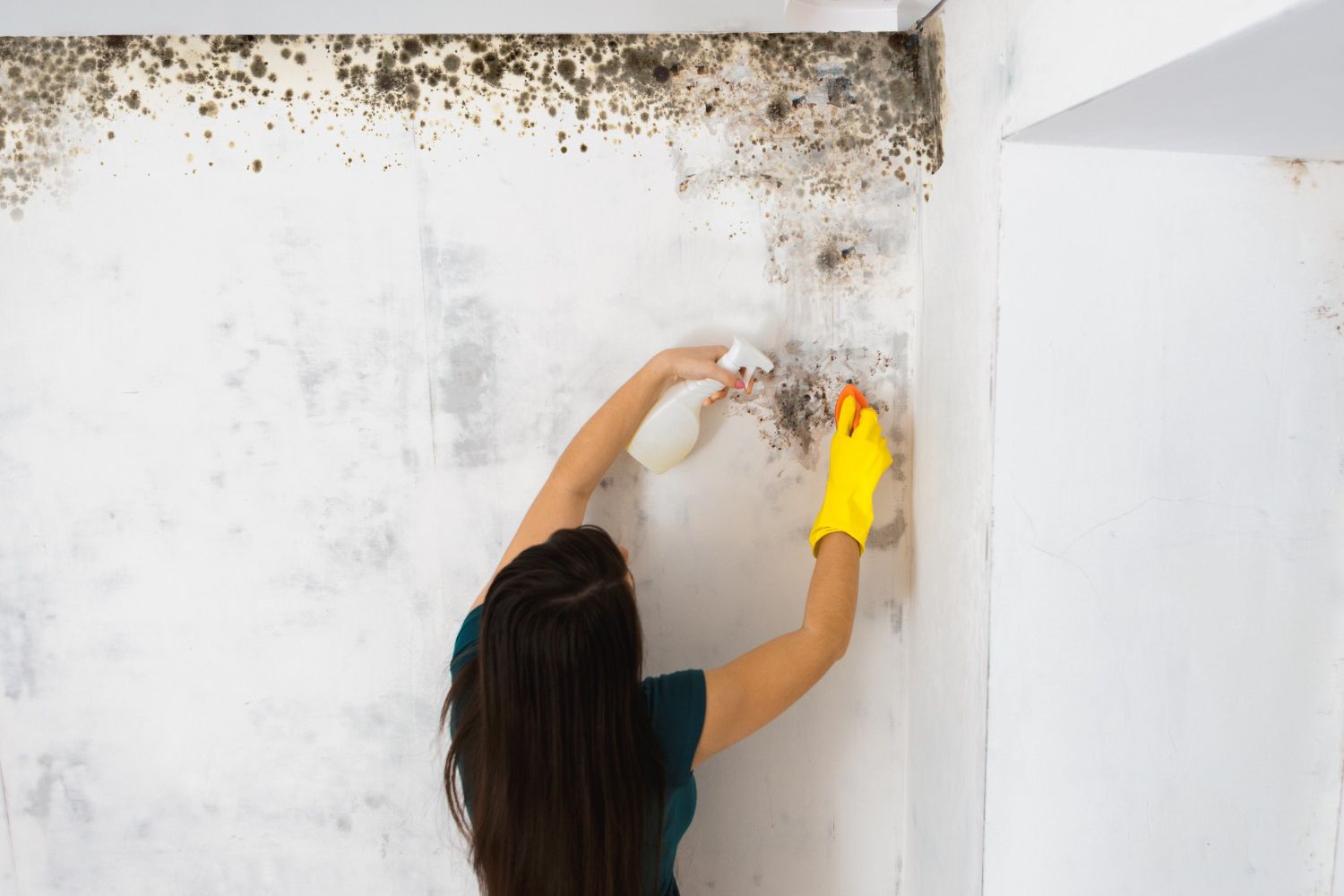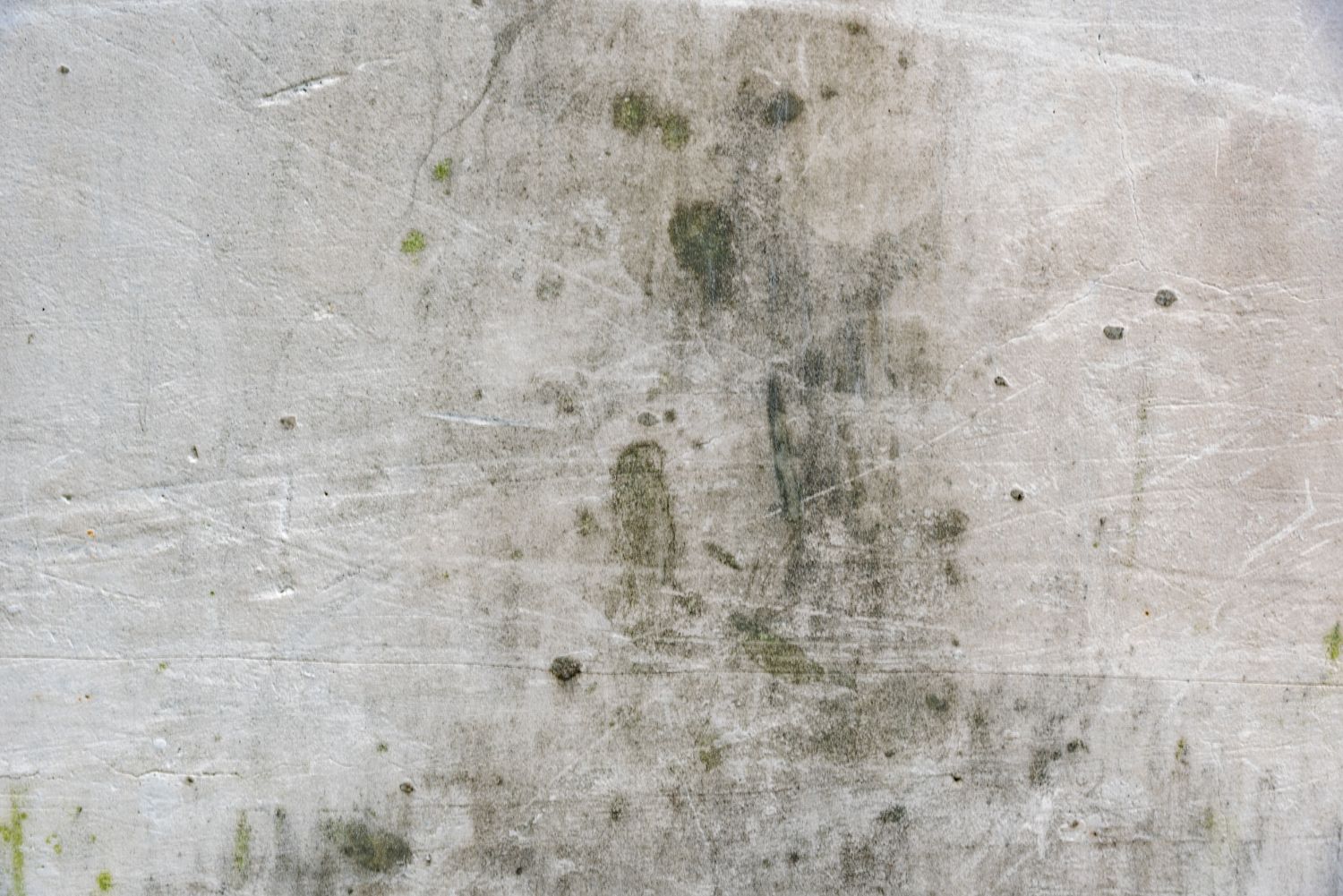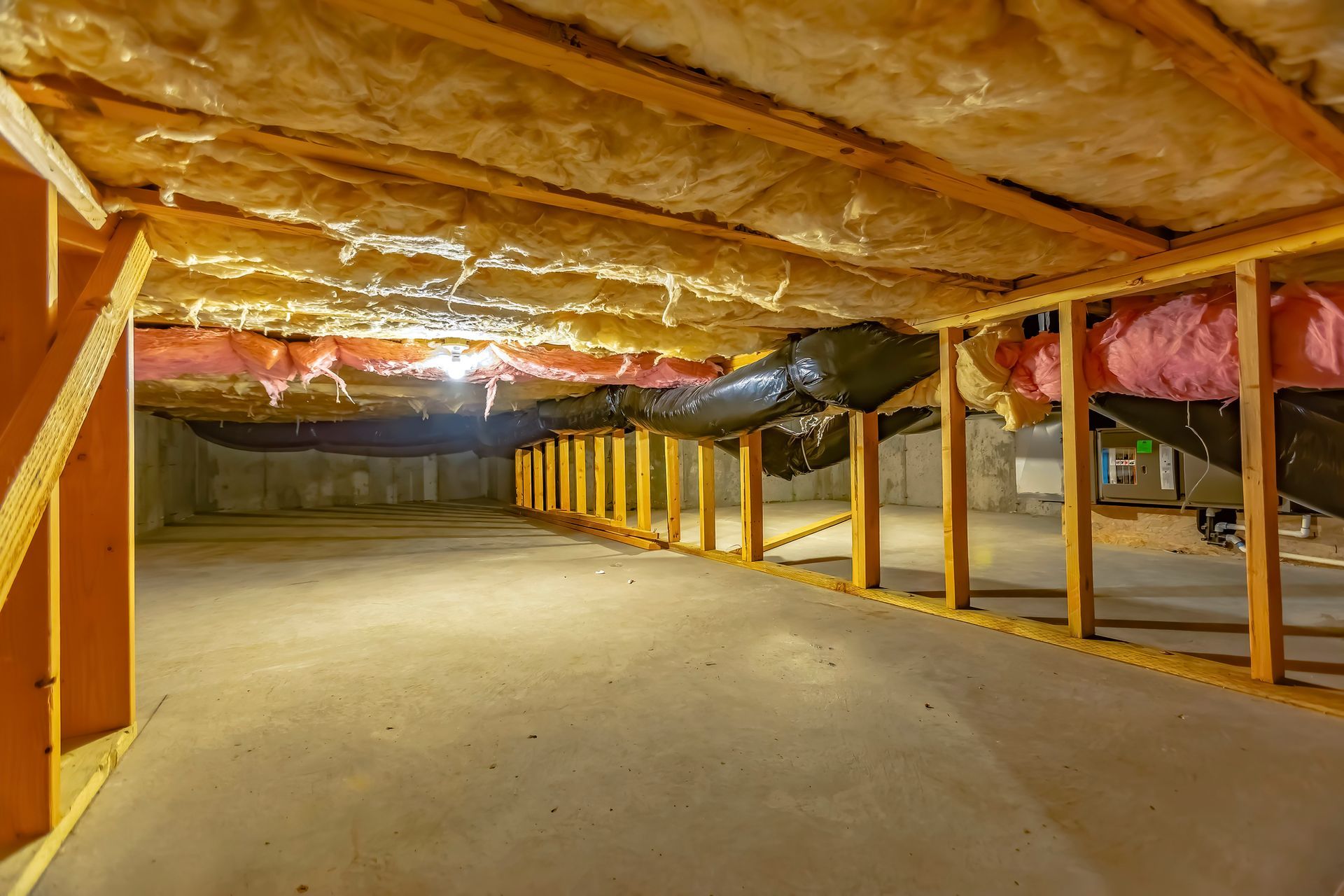Who Covers Water Damage: Unraveling Insurance Coverage
Who Covers Water Damage: Unraveling Insurance Coverage - Suffolk County, VA

Water damage can strike unexpectedly, wreaking havoc on your property and causing significant financial strain. But when it comes to covering the costs of water damage, it's crucial to understand who is responsible and how insurance can come into play.
- Homeowners Insurance: Homeowners insurance typically covers sudden and accidental water damage caused by events such as burst pipes, faulty appliances, or storms. However, it's essential to read your policy carefully, as coverage may vary. For instance, if the damage results from poor maintenance or neglect, your claim may be denied.
- Flood Insurance: Standard homeowners insurance does not cover flooding. If water damage is caused by rising water levels, flash floods, or overflowing rivers, you'll need a separate flood insurance policy. These policies are often offered through the National Flood Insurance Program (NFIP) or private insurers in some areas prone to flooding.
- Sewer Backup Coverage: Some homeowners insurance policies offer optional sewer backup coverage. This can be beneficial if your property is at risk of sewage backup, which can result in extensive water damage. Check your policy or inquire with your insurer about this additional coverage.
- Water Damage from Roof Leaks: Roof leaks can lead to water damage, and whether your insurance covers it depends on the cause. If the damage results from a sudden event like a storm, your homeowners insurance may cover it. However, if it's due to wear and tear or lack of maintenance, you may be responsible for the repair costs.
- Condo or Rental Insurance: If you live in a condo or rental property, your personal property may be covered by renters or condo insurance. The building's insurance typically covers structural damage, but it's crucial to know what's included in your policy and whether you need additional coverage.
- Water Damage Exclusions: Keep in mind that insurance policies often have exclusions. For instance, they may not cover damage caused by floods, earthquakes, or intentional acts. It's essential to understand these exclusions and consider purchasing additional coverage if necessary.
- Mitigation and Documentation: When dealing with water damage, take immediate steps to mitigate further damage and document everything. This includes taking photos, saving receipts, and keeping a record of communication with your insurer. Prompt action can help with the claim process.
In conclusion, understanding who covers water damage requires a careful review of your insurance policy and the circumstances surrounding the damage. It's essential to be proactive in safeguarding your property and knowing what coverage you have in place to address unexpected water damage incidents. If you have questions or uncertainties, consult with your insurance provider to ensure you have the appropriate coverage for your needs. Give us a call for all your home restoration needs.

